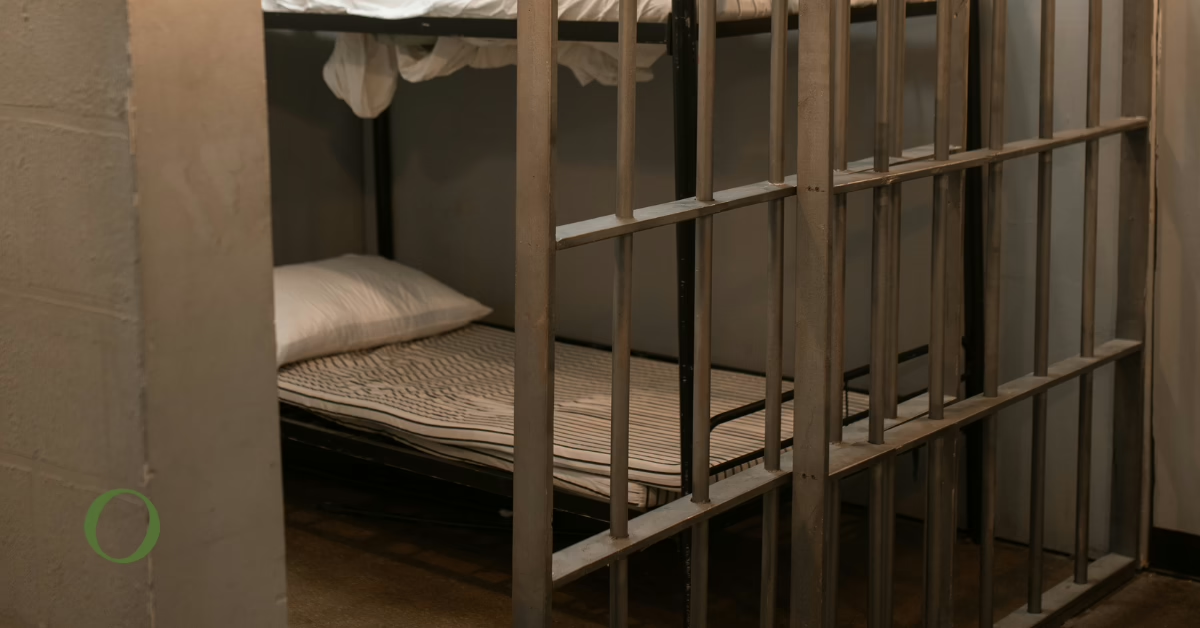In August 2025, new data released by the NSW Bureau of Crime Statistics and Research (BOCSAR) painted a sobering picture for NSW Youth Detention. The surge in children and young people held in custody, and in particular the overrepresentation of First Nations youth, demands the attention of policymakers and communities alike.
Alarming Numbers: BOCSAR Findings on NSW Youth Detention
BOCSAR’s quarterly update reveals that, as of June 2025, there were 234 young people in detention in NSW. This represents a staggering 34% rise from June 2023.
Behind this increase is a story of growing remand populations: nearly 3 out of every 4 young people in custody have not been convicted and are awaiting trial. Over the past two years, the number of youth held on remand rose by 28%, with sentenced youth detainees increasing by 50% in the same period.
Perhaps most concerning is the experience of Aboriginal children. Aboriginal youth now account for 60% of the detention population, despite making up just 8% of NSW’s young people.
BOCSAR’s Executive Director, Jackie Fitzgerald, explained:
“This increase is particularly concerning for Aboriginal young people, who were already significantly overrepresented in the justice system. It also places NSW at odds with our Closing the Gap target to reduce the number of Aboriginal young people in detention.”
Why Do High Detention Rates Impact Indigenous Youth Differently?
The figures starkly demonstrate that Indigenous youth in NSW bear the brunt of detention statistics, for several reasons. For example:
-
Systemic Discrimination: Indigenous youth face bias from first contact with police, through bail hearings, to sentencing. These disparities lead to higher arrest, remand, and incarceration rates compared to non-Indigenous young people, even for similar offences.
-
Socioeconomic Disadvantage: Aboriginal communities experience higher rates of poverty, unemployment, and under-resourcing. These factors make children more likely to encounter law enforcement. Additionally, it makes them less able to access quality legal representation or stable conditions for bail.
-
Cultural Disconnection: Detention separates Aboriginal children from their families, communities, and culture. This disconnection inflicts deep harm, as cultural identity and community ties are crucial for Indigenous wellbeing and resilience.
-
Intergenerational Trauma: Many Indigenous youth already experience trauma linked to historical injustices, forced removals, and ongoing discrimination. Detention only compounds this trauma, with a higher risk of lifelong psychological and social harm.
-
High Remand Rates: Disproportionate numbers of Indigenous youth are held on remand, awaiting trial but not convicted, often due to stricter bail laws and lack of resources for suitable accommodation or advocacy.
Read our article on ‘Youth Crime Trends in Australia for 2024.’

Legal Implications of Current NSW Youth Detention Trends
The recent BOCSAR findings on NSW Youth Detention reveal legal implications that demand urgent attention:
-
Potential Breach of Human Rights: Australia is bound by the UN Convention on the Rights of the Child (CRC), which says detention should be a last resort and for the shortest appropriate time. High rates of remand and the continued detention of children as young as 10 challenge these international commitments.
-
Discrimination Claims: The overrepresentation of First Nations youth points to systemic discrimination, potentially exposing government and agencies to legal challenges under anti-discrimination and human rights laws.
-
Closing the Gap Failures: The increase in Indigenous youth detention contradicts the state’s commitment to the Closing the Gap targets, raising the risk of scrutiny from national oversight bodies and policy groups.
-
Pressure for Bail Law and Justice Reform: The predominance of remand cases highlights issues with bail law and the presumption of innocence, putting pressure on the legislature to reform youth justice and bail practices.
-
Duty of Care and Civil Liability: Detaining traumatised, vulnerable children, particularly those with disabilities, raises duty of care issues, exposing the government to possible civil claims if detention causes significant harm.
A Call for Reform on NSW Youth Detention
At O’Brien Criminal & Civil Solicitors, we stand with families, advocates, and community organisations in calling for real change. The data is clear: punitive law-and-order strategies are failing our youth, especially our First Nations children. NSW must urgently:
-
Re-examine bail laws and reduce reliance on remand for children.
-
Raise the minimum age of criminal responsibility to at least 14, aligning with international standards and medical evidence.
-
Invest in community-based interventions, diversion programs, and wraparound supports.
-
Listen to First Nations-led organisations and respect their expertise in supporting at-risk youth.
Read our successful Criminal Law Case Studies.
What’s Next?
The path to NSW youth detention justice must be paved with prevention and culturally informed care, not incarceration. For families affected by these laws and for all who care about justice and equity, the latest BOCSAR figures are more than statistics, they are a call to action.
If you or someone you know requires expert advice relating to youth justice, bail, or detention matters, our experienced team at O’Brien Solicitors can help. We are dedicated to defending the rights of young people and challenging unlawful or disproportionate detention.
Contact us today for a confidential consultation and take the first step towards resolution.




- Nicole Byrnehttps://obriensolicitors.com.au/author/nicolebyrne964/
- Nicole Byrnehttps://obriensolicitors.com.au/author/nicolebyrne964/
- Nicole Byrnehttps://obriensolicitors.com.au/author/nicolebyrne964/
- Nicole Byrnehttps://obriensolicitors.com.au/author/nicolebyrne964/




